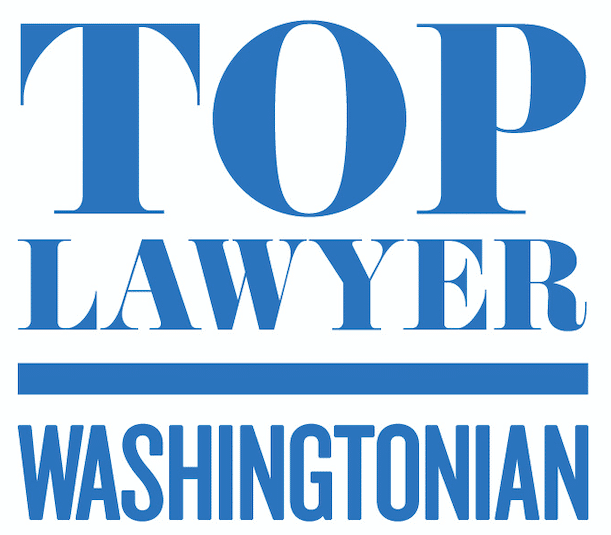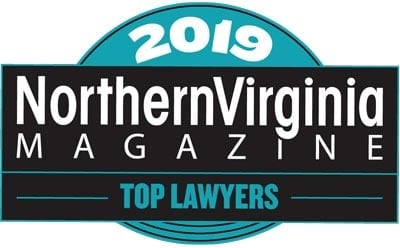DOL ARB Defines Scope of SOX Protected Conduct
In an article on the Department of Labor Administrative Review Board’s landmark decision in Sylvester v. Parexel International, Law360 quotes Jason Zuckerman extensively about the impact of the decision on Sarbanes-Oxley whistleblower retaliation claims. The articles states in part:
Jason Zuckerman . . . said the Sylvester decision was in contrast to past ARB rulings that had erected barriers to complainants. “The current ARB is applying the statute as Congress intended, and in light of the recent financial crisis, it could not be clearer that robust protection of whistleblowers is a crucial bulwark against corporate fraud,” Zuckerman said,
Just after the ARB issued the Sylvester decision, Zuckerman offered the following analysis of the impact on SOX whistleblower claims:
Sylvester represents a substantial departure from the extraordinarily narrow construction of SOX in the opinions issued by the ARB appointed by Secretary Chao. Read in conjunction with the ARB’s recent Johnson v. Siemens Bldg. Techs. decision broadening the scope of SOX coverage and the recent Dodd-Frank amendments to SOX (exempting SOX whistleblower claims from mandatory arbitration, clarifying that SOX claims can be tried before a jury, broadening the scope of coverage, and increasing the statute of limitations), SOX is becoming a robust remedy for whistleblowers. The primary effect of Sylvester will be a significant increase in the number of SOX retaliation claims that get past motions to dismiss and motions for summary judgment. The ARB has now removed ridiculous hoops that SOX complainants were required to jump through, which hoops were plainly inconsistent with the plain meaning of the statute. And the decision will enable OSHA to rule for more complainants during the investigative stage. Hopefully, federal courts will accord Chevron deference to the decision. The ARB held:
- Twombly/Iqbal heightened pleading standards do not apply to SOX claims initiated with OSHA.
- A complainant need only express a “reasonable belief” of a violation to engage in SOX-protected activity,
- The reasonable belief standard requires an examination of the reasonableness of a complainant’s beliefs, but not whether the complainant actually communicated the reasonableness of those beliefs to management or the authorities.
- Protected activity need not describe an actual violation of law. A whistleblower complaint concerning a violation about to be committed is protected as long as the employee reasonably believes that the violation is likely to happen. Such a belief must be grounded in facts known to the employee, but the employee need not wait until a law has actually been broken to safely register his or her concern and consistent with this line of authority, an employee’s whistleblower communication is protected where based on a reasonable, but mistaken, belief that the employer’s conduct constitutes a violation of one of the six enumerated categories of law under Section 806.
- The holding in Platone that an employee’s communication must “definitively and specifically” relate to the listed categories of fraud or securities violation under Section 806 “has evolved into an inappropriate test and is often applied too strictly.” Instead, the focus should be on whether the employee reported conduct that he or she reasonably believes constituted a violation of federal law.
- SOX protected conduct is not limited to disclosures about shareholder fraud and instead includes disclosures about mail fraud, fraud by wire, radio, or television, and bank fraud. When an entity engages in mail fraud, wire fraud, or any of the six enumerated categories of violations set forth in Section 806, it does not necessarily engage in immediate shareholder fraud. Instead, the violation may be one which, standing alone, is prohibited by law, and the violation may be merely one step in a process leading to shareholder fraud. Additionally, a reasonable belief about a violation of “any rule or regulation of the Securities and Exchange Commission” could encompass a situation in which the violation, if committed, is completely devoid of any type of fraud.
- A SOX complainant need not establish the various elements of criminal fraud to prevail on a Section 806 complaint. A complainant can have an objectively reasonable belief of a violation of the laws in Section 806, i.e., engage in protected activity under Section 806, even if the complainant fails to allege, prove, or approximate specific elements of fraud. In other words, a complainant can engage in protected activity under Section 806 even if he or she fails to allege or prove materiality, scienter, reliance, economic loss, or loss causation. The purposes of the whistleblower protection provision will be thwarted if a complainant must, to engage in protected activity, allege, prove, or approximate that the reported irregularity or misstatement satisfies securities law “materiality” standards, was done intentionally, was relied upon by shareholders, and that shareholders suffered a loss because of the irregularity.
Experienced Sarbanes-Oxley Whistleblower Attorneys
The whistleblower lawyers at Zuckerman Law have substantial experience litigating Sarbanes Oxley whistleblower retaliation claims. To learn more about corporate whistleblower protections, see our Sarbanes-Oxley Whistleblower Protection FAQ.
Click here to read client testimonials about the firm’s work in SOX whistleblower and other employment-related litigation.
Call our experienced SOX whistleblowers lawyers today for a confidential consultation at 202-262-8959.


![]()

Guide to SOX Whistleblower Protection
The Sarbanes-Oxley whistleblower protection law is a potent tool to combat retaliation, but there are pitfalls and obstacles that whistleblowers should take into account to maximize the likelihood of winning at trial and obtaining a substantial recovery.
Based on more than a decade of litigating SOX whistleblower cases, Zuckerman Law has issued a Guide to Sarbanes Oxley Whistleblower Protection.
The guide provides an overview of the key elements of a SOX whistleblower retaliation claim, and the procedures governing the investigation and adjudication of SOX claims.
whistleblower_lawyers_012017_infographic








